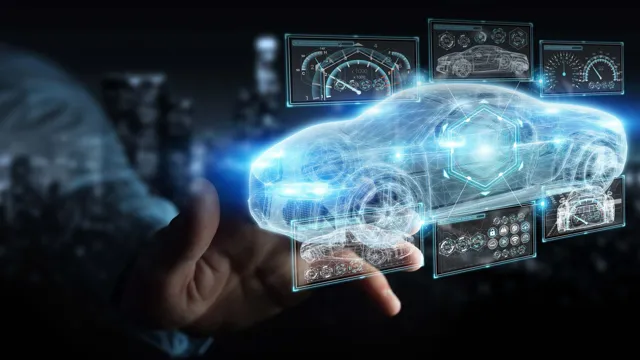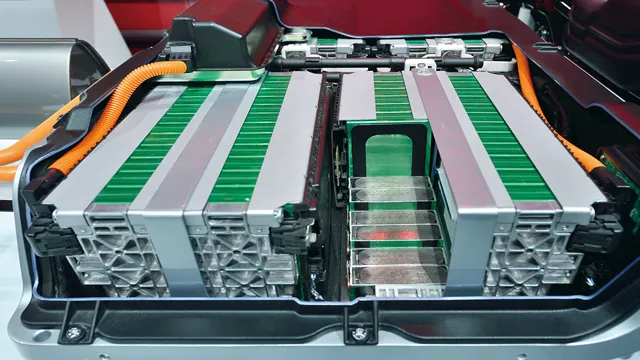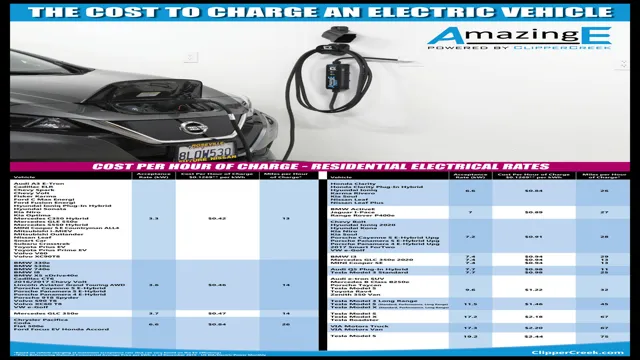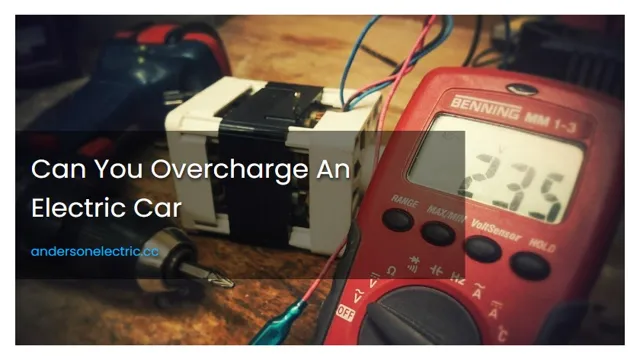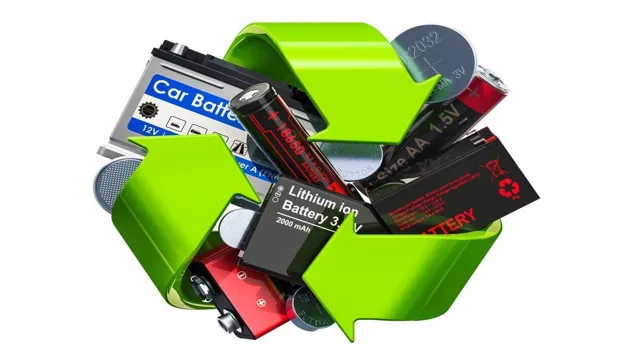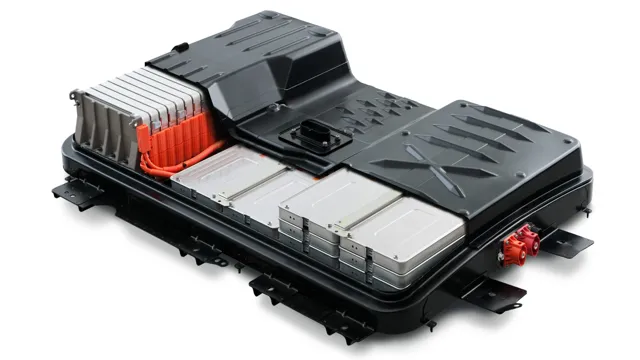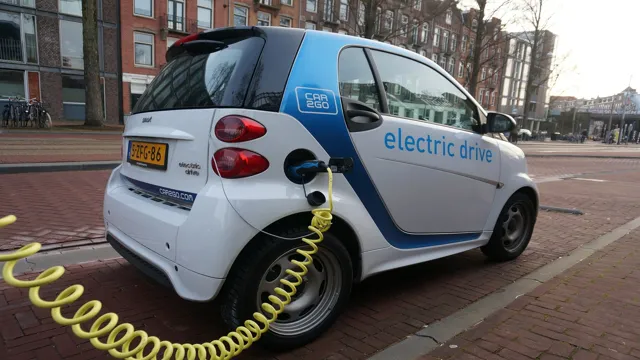Revolutionizing the Roads: Latest Electric Car Battery Technology Update
Electric cars are rapidly increasing in popularity, and for good reason. Not only are they environmentally friendly, but they offer a sleek and futuristic driving experience. However, one of the biggest concerns when it comes to electric cars is the battery life.
Drivers are often worried about how far they can go before needing to recharge, and how long that recharge will take. Thankfully, advancements in electric car battery technology are addressing these concerns and paving the way for a brighter future for sustainable transportation. Scientists and engineers are continuously working to improve the efficiency and longevity of electric car batteries.
One notable breakthrough has been the development of solid-state batteries, which are able to hold more energy and charge faster than traditional lithium-ion batteries. This means that electric cars could soon have a longer range without sacrificing speed or power. Another exciting development is the integration of wireless charging technology.
Imagine being able to park your electric car and have it automatically charge without any cords or plugs. This technology is already being tested in some locations and could revolutionize the way we think about recharging electric vehicles. With each passing year, electric car battery technology continues to improve and evolve.
As more resources are invested in research and development, we can expect even more advancements in the not-too-distant future. It’s an exciting time for electric car enthusiasts, and these latest updates are sure to inspire even more drivers to make the switch to sustainable transportation.
Overview of Current Battery Technology
Electric car battery technology is constantly evolving as car manufacturers race to produce the most efficient and sustainable batteries. Lithium-ion batteries are currently the most commonly used battery technology in electric vehicles, but newer battery chemistries such as solid-state and lithium-sulfur are being developed. Solid-state batteries are promising due to their higher energy density and longer lifespan, while lithium-sulfur batteries have the potential to be more affordable and more environmentally friendly.
In addition to new battery chemistries, advancements in battery management systems and charging technology are also being made. These advancements include faster charging times, longer battery lifespans, and improved thermal management. Overall, the future of electric car battery technology looks bright, with companies continuing to invest in research and development to produce more sustainable and efficient batteries.
Lithium-ion Batteries Dominating the Market
Lithium-ion batteries have become the dominant technology in the battery market due to their impressive performance. They are lightweight, high-energy-density batteries that are widely used in portable electronic devices, electric vehicles, and grid storage systems. With their ability to store energy for extended periods and deliver high power output, lithium-ion batteries have revolutionized energy storage technology.
While there are several other battery technologies currently available, none matches the combination of affordability, energy density, and power capacity of lithium-ion batteries. Thus, it is no surprise that lithium-ion batteries account for more than 90% of the rechargeable battery market’s sales. Moreover, with further research, lithium-ion batteries’ performance is expected to improve even further in the coming years.
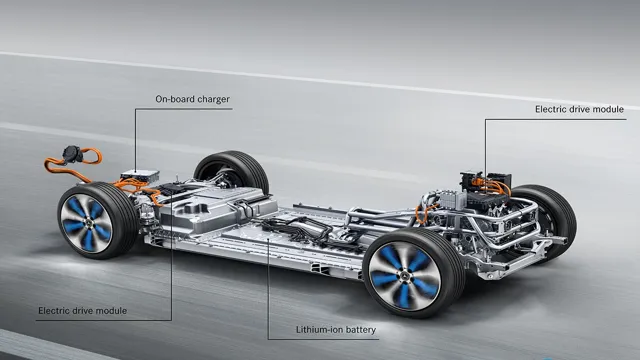
Advancements in Solid-state Batteries
Current battery technology is largely based on liquid electrolytes that conduct ions between the electrodes in a battery. However, this technology has limitations in terms of safety, energy density, and longevity. As a result, there has been a growing interest in solid-state batteries that use solid electrolytes instead of liquid ones.
Solid-state batteries have the potential to be safer, more energy-dense, and longer-lasting than traditional lithium-ion batteries. They also have the ability to use higher energy materials, such as lithium-metal anodes, which can significantly increase their energy density. Despite these advantages, there are still challenges to be overcome in the development of solid-state batteries, such as reducing their cost, improving their stability, and optimizing their performance.
Overall, solid-state batteries represent a promising avenue for the future of battery technology, and continued research and development in this field will likely lead to significant advancements in energy storage technology.
The Future of Electric Car Batteries
Electric car battery technology is advancing rapidly, with new developments on the horizon that could revolutionize the industry. One of the most promising breakthroughs is the development of solid-state batteries, which use a solid electrolyte rather than a liquid one. This offers several advantages, including improved safety, higher energy density, and faster charging times.
Other advancements include the use of silicon anodes, which offer higher energy density than traditional graphite anodes. Additionally, researchers are exploring alternative materials to replace the expensive and scarce metals currently used in batteries, such as lithium and cobalt. These developments are sure to improve the performance, affordability, and environmental impact of electric vehicles in the near future, making them an even more attractive option for consumers looking to make the switch to green energy.
Development of Lithium-Sulfur Batteries
Lithium-sulfur batteries are the future of electric car batteries. Scientists and researchers have been developing this technology for a few years now, and it is showing great promise. Lithium-sulfur batteries can provide higher energy density and lower weight compared to traditional lithium-ion batteries.
This means that electric cars can travel further on a single charge with a much lighter battery. Additionally, sulfur is a more abundant and cheaper material than lithium, which could reduce the cost of battery production. However, there are still some challenges to overcome before lithium-sulfur batteries can be widely used.
The biggest issue is the degradation of the battery over time, which reduces its lifespan. Researchers are working on improving the materials used in the battery, as well as the manufacturing process, to overcome this hurdle. Once these challenges are addressed, lithium-sulfur batteries could revolutionize the electric car industry by making electric cars more efficient and affordable for the masses.
Exploration of Battery Recycling and Second-life Applications
Electric car batteries have a significant impact on the environment due to their production and disposal. To address this issue, battery recycling has become a crucial aspect of the electric car market. Recycling processes recover valuable metals such as cobalt, nickel, and lithium, reducing the need for mining and waste generation.
Additionally, manufacturers are exploring ways to repurpose used batteries for second-life applications, such as energy storage systems for homes and businesses. This approach extends the lifespan of the battery, reducing waste, and generating additional revenue streams for manufacturers and users. The future of electric car batteries lies in creating a circular economy, where resources are used strategically and efficiently, minimizing environmental harm.
By utilizing battery recycling and second-life applications, we can move towards a sustainable and greener transportation system.
Integration of Artificial Intelligence and Machine Learning in Battery Management Systems
Electric Car Batteries The electric car revolution is just beginning, and as battery technology continues to improve, the future looks brighter than ever. However, with the trend towards greener and more sustainable transportation comes a need for more sophisticated battery management systems (BMS) to optimize energy usage and extend battery life. Thankfully, artificial intelligence (AI) and machine learning (ML) are offering possible solutions to this problem.
Integrating AI and ML into BMS allows for real-time analysis of battery health, driving patterns, and environmental factors. This information can be used to improve battery performance and monitor for any potential issues. With these advancements, we can expect more efficient and reliable electric cars that require less maintenance and offer unparalleled performance.
The future of electric car batteries is bright, and AI and ML are sure to play a crucial role in shaping it.
Challenges in Electric Car Battery Technology
Electric car battery technology is constantly evolving and improving, but there are still some challenges that need to be addressed. One of the main challenges is the issue of “range anxiety”, where drivers worry about running out of battery power before reaching their destination. To combat this, battery manufacturers are working to increase the range of their batteries through advancements in chemical composition and design.
Another challenge is the cost of electric car batteries, which is still relatively high compared to traditional gasoline-powered vehicles. However, as technology improves and production increases, costs are expected to decrease. Lastly, there is the issue of battery disposal and recycling.
Lithium-ion batteries are difficult and expensive to dispose of, and proper recycling methods are still being explored. Despite these challenges, the future of electric car battery technology looks promising, with more efficient and sustainable options on the horizon.
Cost Barriers and Sustainability Concerns
One of the biggest challenges facing the electric car industry is the cost of battery technology and sustainability concerns. Current battery technology is expensive and often requires rare earth metals, which can be environmentally damaging to mine. As a result, electric cars are still more expensive to produce than traditional petrol or diesel cars.
However, as technology advances and economies of scale improve, the cost of electric car batteries is expected to decrease. Additionally, companies are investing heavily in research and development to create more sustainable battery options that rely on less harmful materials. Analogous to the early stages of personal computers, electric cars are poised to become more affordable and attractive to consumers as technology advances and costs decrease.
The challenge now is to ensure that the materials used in battery production are ethically sourced and the overall environmental impact of electric cars is minimized.
Limitations in Charging Infrastructure
While electric cars are becoming more popular, one of the biggest challenges facing the electric vehicle industry is the lack of charging infrastructure. It can be difficult to find charging stations, especially in more rural areas or on long road trips. Additionally, charging times are still longer than filling up a tank with gasoline, which can be inconvenient for some drivers.
However, there have been advancements in battery technology that could help solve these issues. For example, some companies are working on solid-state batteries that could drastically improve charging times and range. While challenges still exist, these advancements show promise for the future of electric vehicles.
Conclusion: Expectations for the Next Generation of Battery Technology
In conclusion, electric car battery technology has come a long way over the past decade. As advancements continue to be made, we can expect even more efficient and longer-lasting batteries to power our eco-friendly rides. So, whether you’re driving a Tesla or a Nissan Leaf, you can rest easy knowing that your electric car battery technology is constantly evolving and improving, just like the cars themselves.
Now, let’s charge up and hit the road, because the future of transportation is looking brighter (and more electric) than ever before!”
FAQs
What are some advancements in electric car battery technology?
Advancements in electric car battery technology include improved cathode materials, solid state batteries, and faster charging capabilities.
How long does an electric car battery last?
The lifespan of an electric car battery depends on factors such as temperature, usage patterns, and charging habits, but it typically ranges from 8 to 10 years.
What is the current state of infrastructure for electric car charging?
The infrastructure for electric car charging is rapidly expanding, with more public charging stations and home charging options becoming available.
What are the benefits of electric car battery technology?
Benefits of electric car battery technology include reduced emissions, lower fuel costs, and improved performance and efficiency compared to traditional gasoline-powered vehicles.
